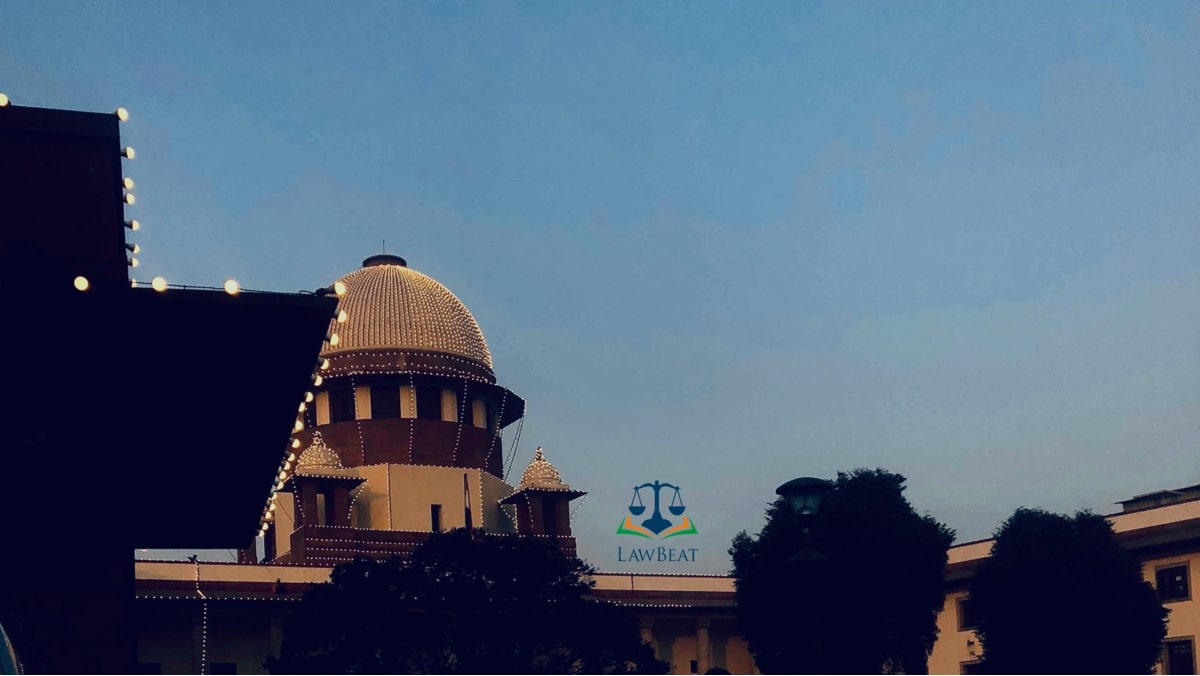Can anti-conversion law have impact on child of couple where woman is Christian and Father is Hindu? SC to examine

Counsel for the petitioner argued that baptism of a child who is born to a mother practicing Christianity and father who is Hindu is not conversion as per ecclesiastical laws of the church
The Supreme Court on Friday, agreed to examine whether the illegal conversion laws which have been enacted by various states, pose any impact on the children of interfaith couples.
A bench of Chief Justice of India DY Chandrachud, Justices JB Pardiwala and Manoj Misra stayed the proceedings against a Catholic priest, who had baptised a child on request of his Christian mother, separated from her Hindu husband.
The plea has been filed against a Gujarat High Court order, rejecting to quash an FIR registered under Sections 3 & 4 of the Gujarat Freedom of Religion Act, 2003 (the Act), concerning forcible conversion. A single bench of Justice Sandeep N Bhatt refused to grant relief to the Catholic priest, stating that the defense raised in case required that stand the test of trial.
The SC bench heard lawyer for the petitioner, who argued that there was no case of forcible conversion made out, but the Gujarat police had registered an FIR against the priest who baptised the child in 2012, when the child was a little less that 8 years old, at behest of the social worker named Dharmendrakumar Natwarsinh Rathod n 2020, claiming that the boy could not be converted without the permission of the District Magistrate. He had further claimed that the school leaving certificate of the child said that the child was Hindu and that the parents were also married through Hindu rites. Moreover, it is one of the grounds of the petitioner that the first informant, Rathod in this case had no locus standi in terms of the Act, so as to lodge an FIR as he is a complete stranger to the issue at hand.
Though the priest had approached the Gujarat High Court, he did not get relief and the investigation under anti-conversion laws was allowed to continue. According to the averments of the petitioner, Charles, the trial is currently pending at the stage of prosecution evidence. It was then that a special leave petition was filed before Supreme Court through Advocate Shivansh B Pandya.
The petitioner has further argued that the High Court, while rejecting the interim relief prayer for the priest has failed to consider that there has been no conversion within the meaning of the Act. It is his case that according to the facts and circumstances in the instant case, there was no “renunciation” of one religion and “adoption” of another, and instead, the child has been treated as being born to a Christian mother and raised with Christian beliefs, which is a pre-condition to administration of the rite of baptism to a child.
“It is submitted that the provisions of the Act need to be interpreted to ensure that only the acts which amount to conversions without consent of the participating individual/ their legal guardians would constitute an offence,” the plea avers.
One of the grounds taken by the petitioner is that the constitutional validity of the Act itself is under challenge before the top court.
